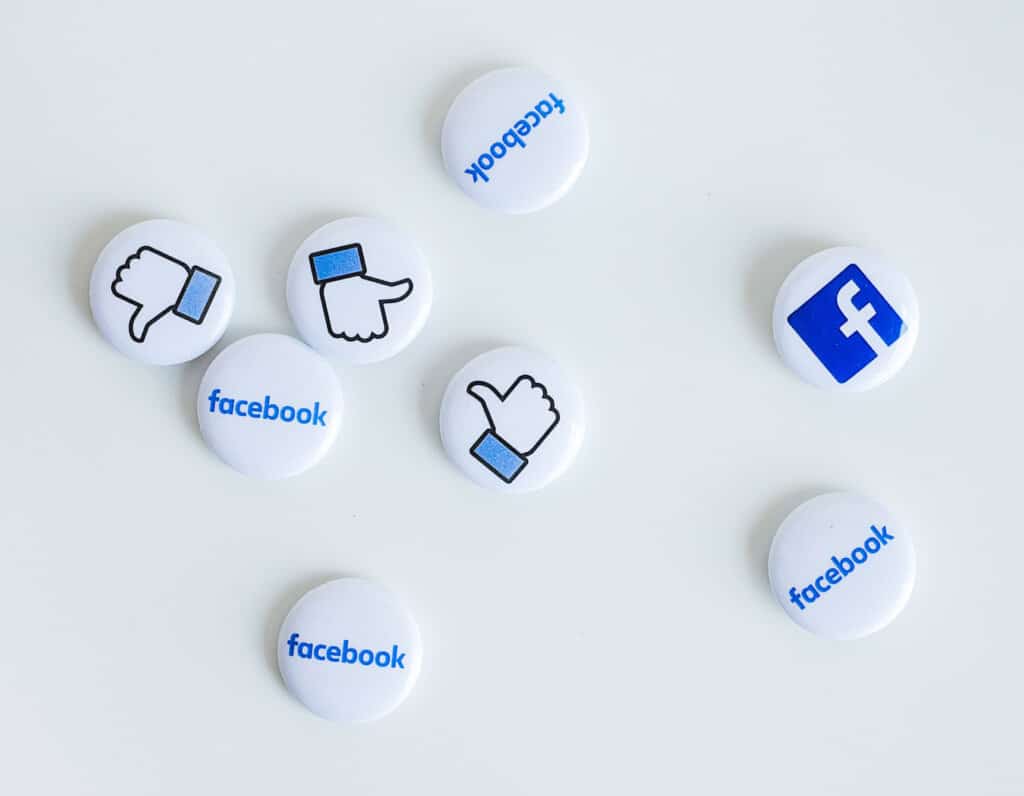LONDON — Here in the United Kingdom, the death of the Duke of Edinburgh was a reminder of just how diverse the media world has become.
Glance back 50 years and the whole country would have been concentrated on four radio stations and three television channels. The only alternative was to switch off.
Unless you have been on another planet for several decades, you won’t need me to remind you that the world has changed. What is noteworthy, however, is that new initiatives are still coming with astonishing regularity, like waves pounding on the beach.
And the most recent announcement comes from Facebook, and concerns audio, a medium whose demise has long been predicted, but which — in the memorable words of an Australian commentator — is proving as resilient as a cockroach. Whatever the extraordinary strength of visual media, the infestation of audio has not yet been eliminated. Far from it.
Let’s Talk
In the March/April issue of RedTech Magazine, I wrote about Clubhouse, which is making impact as the cool new social innovation. Just two months later, we find that Facebook is investing to leverage its already massive market penetration further through its own version of social, audio media.
The press release in April announced Live Audio Rooms, as a way of engaging with topics as varied as Filipino cooking and an octopus fan club — their examples, not mine! This appears to be an audio extension of the existing Facebook Groups. In addition, Facebook is promising presentations from experts in subjects as varied as music, sport and entrepreneurship.
Clearly, Facebook has two advantages over Clubhouse, namely that Facebook works on any platform and that you won’t need an invitation. However, it lacks the exclusive, cultish feel that some Clubhouse members might enjoy.
Without attempting to predict the future of Clubhouse, I’ll share my story of scouring the tech stores during a family U.S. road trip in order to get one of the first Pebble watches when they launched in 2013 — how exciting to get your texts and emails on your wrist back then.
Pebble was the most successful Kickstarter project ever, and finally the highly rationed product became available. It worked really well. But in 2015, along came the Apple Watch, and Pebble filed for insolvency in 2016. It was immediately evident that integration with the iPhone worked better with the Apple product.
I’ll sell my dusty Pebble watch on eBay, or give it to a museum one day — if I can find it! The story is an object lesson in the extraordinary power of the tech giants to seize a good idea and use their extraordinary market dominance to enrich and develop their public offering.
For anyone involved in audio, we should be pleased that this battle for dominance is happening on our patch. Clearly, the medium is far from obsolete. In response to the suggestion that radio is just “there in the background,” I have often celebrated its secondary nature. And this point is not lost on Facebook, who notes that it “fits seamlessly within our busy lives … in your car or on a run!”
Content Creation for Everyone
By providing the tools to make great audio, mixing tracks and accessing sound effects, Facebook is facilitating a democratization of audio — just like how we’re all photographers, we can all be audio producers now. With Soundbites, Facebook will simplify the sharing of short-form audio in the coming months.
This should encourage established audio providers, the radio stations, to ask whether they are making the most of the fabulous content they generate every day. How many clips are shared across platforms? How many great moments are made available? Such initiatives can encourage sampling and become the first step toward creating loyal listeners. My own impression, in the fast-developing world of audio, is that pan-media broadcasters share audio much less frequently than video.
By providing the tools to make great audio, mixing tracks and accessing sound effects, Facebook is facilitating a democratization of audio — just like how we’re all photographers, we can all be audio producers now.
Perhaps the most significant, and potentially disruptive development in the recent Facebook announcement is the fact that “Podcasts Are Coming to Facebook.” In a phrase reminiscent of Daniel Ek’s famous 2019 statement that he wanted to bring radio listening to Spotify, Facebook is here lamenting the fact that “until now, you had to leave the Facebook app to listen.”
Not anymore! Facebook is becoming a further destination for podcast listening, adding to the myriad ways such audio can already be accessed. Promoting content based on information that Facebook has already captured about our interests will doubtless prove a highly effective way of navigating the podcast world and introducing us to new material.
Again, the question that divides radio colleagues is whether their material should be helping to build a brand, which acts as an intermediary between their own creativity and the listeners. Can broadcasters be sure of getting the credit for memorable content? How much can broadcasters rely on third parties consistently to make their material sufficiently prominent?
In many organizations, Facebook’s podcast move will provoke further strategic discussions about partnerships. And, as I am writing, Apple has announced the plan to monetize some podcasts, creating a subscription model for the first time — that’s surely a subject, which will create much debate in audio circles, and a topic for another occasion.
Despite the increasingly complex environment, we can surely all agree with the Facebook press release, which reminds us that “Speech, sound, and language are the building blocks for how we connect with each other.” The available audio offer has never been richer or more diverse.
The author was Head of Radio at the European Broadcasting Union in Geneva until December 2020, having previously worked at the BBC in various editorial roles, including finally Managing Editor, BBC Radio 3.

